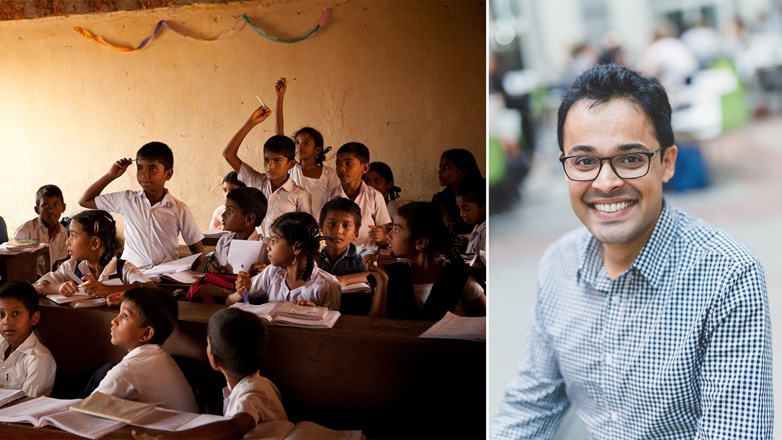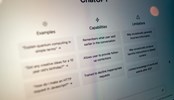Abhijeet Singh awarded 1.5 million Euros by the European Research Council to study social inclusion in Indian schools
The ERC, set up by the European Union in 2007, is the premier European funding organization for excellent frontier research, and ERC Starting Grants are awarded for excellent scientific proposals from early career researchers within 7 years of their PhD. In 2022, ten grants were awarded in the Economics, Finance and Management category (SH1) across Host Institutions in Europe.
In total, 408 researchers across Europe share the 636 million euros granted, which means a grant rate at approximately 14 percent. The research projects are among the highest ranked in all of Europe, and this year almost 3,000 researchers applied for the grant. Abhijeet Singh is one out of only twelve Swedish researchers who were awarded a ERC Starting Grant in 2022.
The EDINCLUSION project, led by Abhijeet Singh, proposes an ambitious research agenda focused on understanding and improving school integration in India — which is not only the world’s largest school system, but also among the most unequal.
“I focus on studying education systems in India because they matter tremendously for global development. With 359 million children under 14 years in India, the educational outcomes of Indian children will determine a very large proportion of the human capital of the world”, says Abhijeet Singh.
Largest school integration programs in world
The agenda focuses on studying and improving the impact of India’s landmark school integration policy under the Right to Education Act 2009. This act mandates that 25% of places in private schools should be reserved for students from disadvantaged economic and caste backgrounds, with the government reimbursing fees.
Although this is one of the world’s largest-ever school integration initiatives, evidence of its effectiveness is scarce. The aim of the EDINCLUSION project is to generate much-needed evidence on the effectiveness of the largest school integration programs in world, identify ways to improve its effectiveness and also to generate fundamental insights into the functioning of urban school markets in developing countries, and the take-up of social policy.
“It is a very stimulating area, with many initiatives by governments and civil society to bring social change. Not all of these initiatives are successful, and working to identify which ones are, how they can be improved and how we can scale those solutions is very intellectually engaging. EDINCLUSION focuses on issues of social stratification in schooling, in particular with relation to private schools, which account for over a third of national enrolment. Studying these markets tells us a lot about fundamental economic questions” says Abhijeet Singh.
The project will be hosted by the Stockholm School of Economics and executed in partnership with the Jameel Poverty Action Lab South Asia and a team of international researchers who all hope to gain many useful learnings to take into the future.
“The EDINCLUSION project is focused on India's main school integration initiative with a 25% quota in private schools. Through the project, we hope to understand more about how the policy affects children's learning and social outcomes today, how it can be made to function better through improved design and improved take-up and targeting, and also – using the policy as a lever – understand more about the functioning of private school markets, especially in urban areas”, says Abhijeet.




